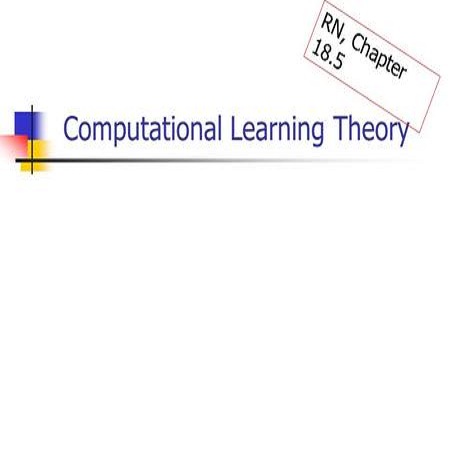Combinatorial optimization - a field of research addressing problems that feature strongly in a wealth of practical and industrial contexts - has been identified as one of the core potential fields of applicability of near-term quantum computers. It is still unclear, however, to what extent variational quantum algorithms can actually outperform classical algorithms for this type of problems. In this work, by resorting to computational learning theory and cryptographic notions, we prove that fault-tolerant quantum computers feature a super-polynomial advantage over classical computers in approximating solutions to combinatorial optimization problems. Specifically, building on seminal work of Kearns and Valiant, we construct special instances of the integer programming problem (which in its most general form is NP-complete) that we prove to be hard-to-approximate classically but give an efficient quantum algorithm to approximate the optimal solution of those instances, hence showing a super-polynomial quantum advantage. This result shows that quantum devices have the power to approximate combinatorial optimization solutions beyond the reach of classical efficient algorithms.
翻译:组合优化是一个研究领域,处理在大量实际和工业环境中非常突出的问题,已被确定为短期量子计算机适用性的核心潜在领域之一。然而,尚不清楚变异量子算法在多大程度上实际上能够超过这类问题的传统算法。在这项工作中,我们借助计算学习理论和加密概念,证明容错量子计算机在接近组合优化问题解决方案方面比古典计算机具有超垄断优势。具体地说,在Kearns和Valiant的原始工作基础上,我们构建了整数编程问题(其最一般的形式是NP-完整)的特殊实例,证明我们很难在古典高效算法之外找到最优的解决方案,但提供了一种高效的量子算法,从而显示了超垄断量子计算机的优势。这一结果表明,量子设备有能力在古典高效算法范围以外对组合优化解决方案进行估计。



